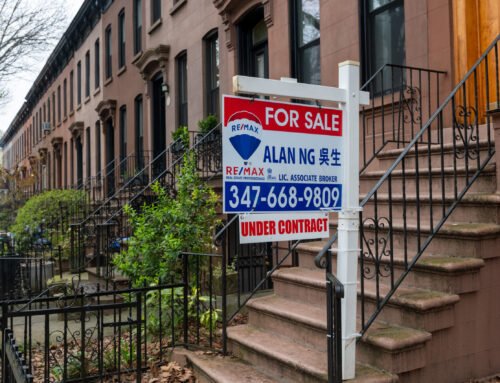TALLAHASSEE
Florida’s insurance consumer advocate will propose legislation to ease frustrations of Panhandle residents about the slow rate of payments for Hurricane Michael claims, she said Tuesday.
Consumer Advocate Tasha Carter told state senators that she and her boss, Florida Chief Financial Officer Jimmy Patronis, are working on a consumer protection-focused package of ideas that lawmakers could vote on when the next legislative session starts Jan. 14.
“Insurance consumers are very frustrated with their insurance companies,” Carter said. “They’re frustrated that their claims have not been closed and that they have not been handled appropriately.
“And I think more importantly, insurance consumers have lost trust and confidence in their insurance companies, as well.”
For a year, people in the Panhandle have been complaining about insurance companies giving low estimates or taking months to pay their claims.
Nearly 12% of insurance claims remain open a year after the Category 5 storm made landfall near Mexico Beach.
But lawmakers never seriously addressed the backlog during this year’s session. And when senators met in September, they heard a largely favorable view of insurance companies from the state’s insurance regulator, David Altmaier.
But on Tuesday, Altmaier announced his office had opened multiple investigations since last month and were conducting several reviews into the insurance industry’s response following the storm. The reviews are among the most serious regulatory actions his office can take.
Sen. Doug Broxson, R-Gulf Breeze, the chairman of Tuesday’s Banking and Insurance Committee hearing, asked Altmaier to also closely examine consumer complaints following the storm and determine why some companies were closing claims sooner than others.
The tone was far different than last month, when Sen. Tom Lee, R-Thonotosassa, walked away in disgust, accusing the committee of becoming “a front for the [insurance] industry.”
“Today we gave voice to the consumer,” said Sen. Darryl Rouson, D-St. Petersburg. “I would challenge us to do more than just giving voice, that we actually take some action.”
Despite the shift in tone, Panhandle homeowners and business owners attending the hearing were not impressed.
“Why are we talking about this now? Shouldn’t this have been done?” said Ann Segler, 58, who is still living in a camper with her husband, after the hearing. “I’m just asking the question.”
Segler said their insurance company, Frontline, has refused to cover parts of their home for water and mold damage and have handed them off to multiple claims adjusters.
But lawmakers, lawyers and an insurance expert had mixed ideas Tuesday about what could be done to help consumers.
The chairman and president of Ormond Beach-based Security First Insurance, former state Sen. Locke Burt, blamed fraud and lawyers for slowing the claims process and costing insurance companies hundreds of millions of dollars per year.
“What’s happening right now in litigated claims is a gold rush,” Burt said.
His company racked up the fourth-highest number of insurance complaints after the storm, with nearly half of the 113 people complaining of processing delays.
Burt acknowledged that no company is perfect, and that he’s told his employees to correct any mistakes made with customers.
But he told the Herald/Times the 113 complaints make up just 2.4% of all claims handled by his company. He said lawyers have filed suits on about 5% of the claims.
Attorneys representing Panhandle residents strongly disputed that they were the problem.
Attorney Amy Boggs said her clients haven’t wanted to hire lawyers but had no other choice.
“Without us, who do they have? Really?” she said. “You can stop attorneys’ fees by not having your claims in litigation. Far from a gold rush, this is a crying shame.”
One problem is that state officials have little data showing how quickly companies pay their claims, and why they might be delayed.
Florida’s Office of Insurance Regulation used to require insurance companies to provide detailed reports about the status of claims, including how many were more than 90 days old. But the office stopped requiring that years ago.
The office in July asked insurers for more detailed information about open claims, but Carter said the data wasn’t insightful.
She said she’s asked the companies that make up 75% of the open claims for even more data.
Insurance companies are required to pay claims within 90 days, but the law has so many loopholes that it’s almost meaningless.
Patronis’ office flagged four cases, for example, where they believed companies violated the 90-day statute. The companies even paid hundreds of dollars in penalties to customers in the cases.
But upon closer inspection, Altmaier’s office said the companies still weren’t in violation of the rule.
“There needs to be more teeth in the 90-day rule,” attorney Chip Merlin said.
Contact Lawrence Mower at lmower@tampabay.com. Follow @lmower3






Leave A Comment